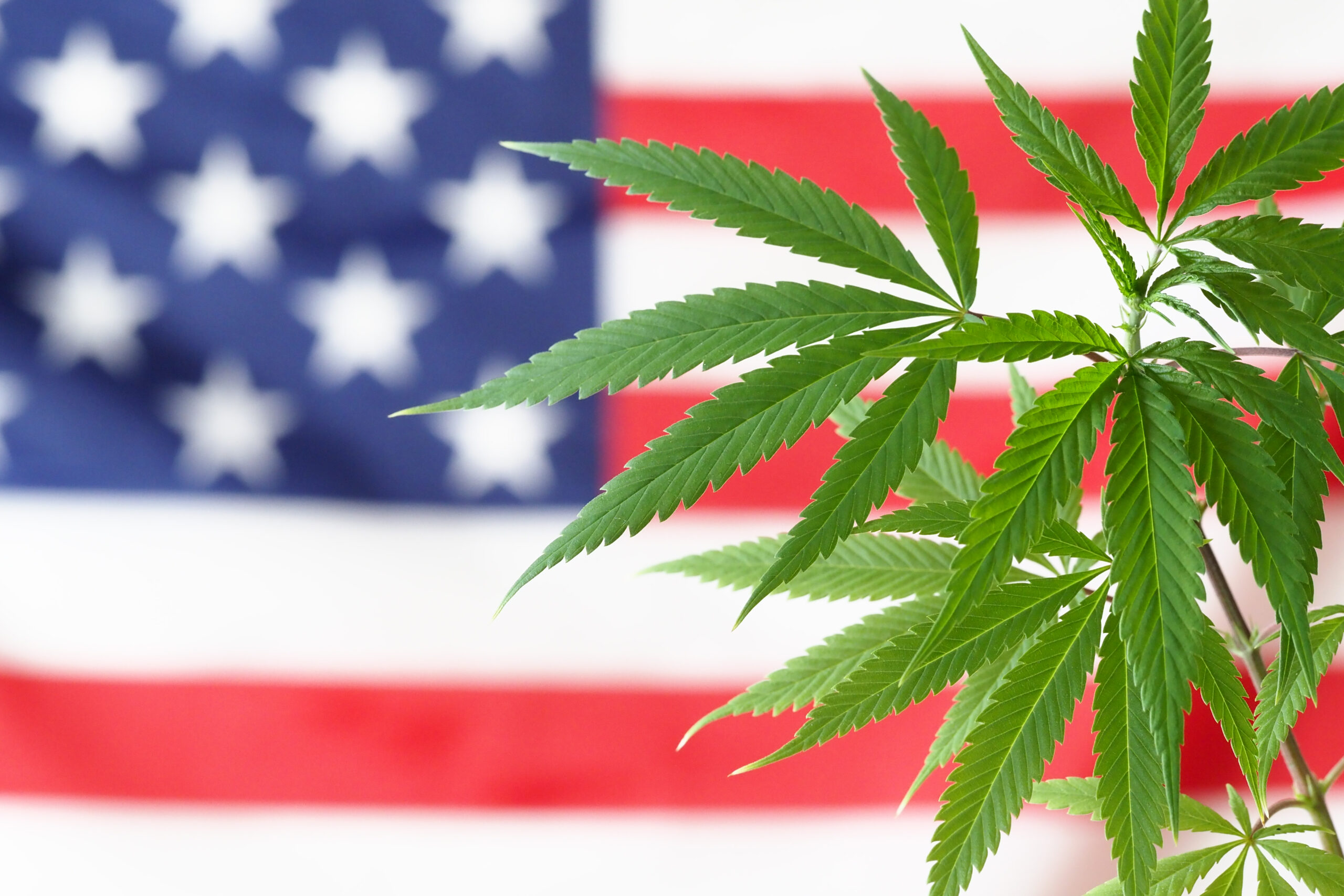
Currently, cannabis legalization continues to vary widely across the United States. While illegal at a federal level, each state establishes its own regulations for medical, recreational, and other uses. Understanding cannabis legalization by state can be confusing. For that reason, we are going to look at these statutes so you can stay on the right side of the legal system. Here is a breakdown of where each state stands on cannabis legalization in 2024.
States Allowing Medical Marijuana Only
Medical cannabis legalization allows patients with qualifying medical conditions to access marijuana for therapeutic purposes. They will have to apply for an application and have a medical prescription or certification. For example, Oklahoma allows patients to access medical cannabis, and the Oklahoma Medical Marijuana Authority regulates the industry.
Some states restrict the types of medical cannabis available, often limiting it to CBD or low-THC products. However, there are others that allow full-strength products. These states include
- Alabama
- Arkansas
- Florida
- Hawaii
- Louisiana
- Mississippi
- New Hampshire
- North Dakota
- Oklahoma
- Pennsylvania
- South Dakota
- Utah
- West Virginia
As of November 2024, medical cannabis is legal in 38 states, the District of Columbia, and three U.S. territories (Guam, Puerto Rico, and the U.S. Virgin Islands)
States Allowing Both Medical and Recreational Marijuana
Some states permit both medical and recreational cannabis use. This allows adults over a specific age to purchase and consume cannabis products recreationally. Medical patients may still need to obtain a certification or license. However, both types of consumers can usually buy cannabis from licensed dispensaries. Medical and recreational marijuana usage is legalized in these states:
- Alaska
- Arizona
- California
- Colorado
- Connecticut
- Delaware
- Illinois
- Maine
- Maryland
- Massachusetts
- Michigan
- Minnesota
- Missouri
- Montana
- Nevada
- New Jersey
- New Mexico
- New York
- Ohio
- Oregon
- Rhode Island
- Vermont
- Virginia
- Washington
- District of Columbia
These states permit adults to purchase, possess, and consume recreational cannabis from licensed dispensaries. Keep in mind that regulations will vary from state to state. These states still have laws on:
- The amount an individual can possess
- Where they can consume cannabis
- Whether personal cultivation is permitted
States Prohibiting All Types of Cannabis
In some states, medical and recreational use of cannabis is illegal. The possession, sale, or cultivation of cannabis remains a criminal offense. In some cases, these crimes carry heavy fines and jail time. These states include:
- Idaho
- Kansas
- Nebraska
- North Carolina
- South Carolina
- Wyoming
Federal vs. State Laws
Even with an increase in state-level legalization, cannabis remains a Schedule I controlled substance under federal law. In short, it is illegal to use, possess, or buy cannabis at a federal level.
Federal law affects all aspects of cannabis use, including banking, transportation, and employment. With that, cannabis businesses often face restrictions on accessing traditional banking services. Also, users can face federal charges if found in possession of federal property.
Future Legalization Trends
Several states are likely to revisit or expand cannabis laws in 2024. There has been growing support as more states transition toward full legalization. Even some states with restrictive medical programs want to help loosen patient access. Initiatives for decriminalization or expungement of past cannabis-related offenses are also gaining momentum.
Learn More About Cannabis Laws Across the United States
Hopefully, now you have a better understanding of cannabis legalization by state. As of now, there is a patchwork of cannabis laws in the United States. As public opinion and legal trends continue to evolve, 2024 could be a year of major transformation in how cannabis is viewed and regulated across the country.
Until then, if you use medical or recreational cannabis, you need to be aware of these various laws in different states.
If you would like to learn more about Oklahoma’s medical marijuana laws and your cannabis-related business, reach out to Brune Law Firm. Schedule a consultation by calling (918) 876-0408.

